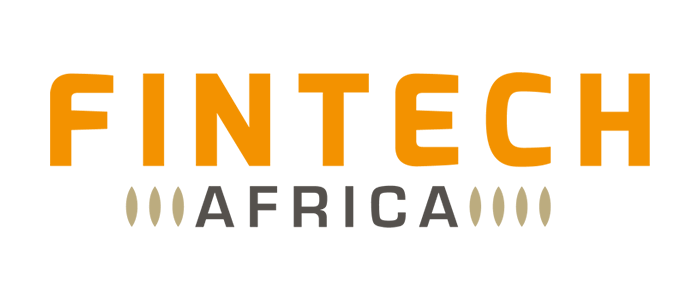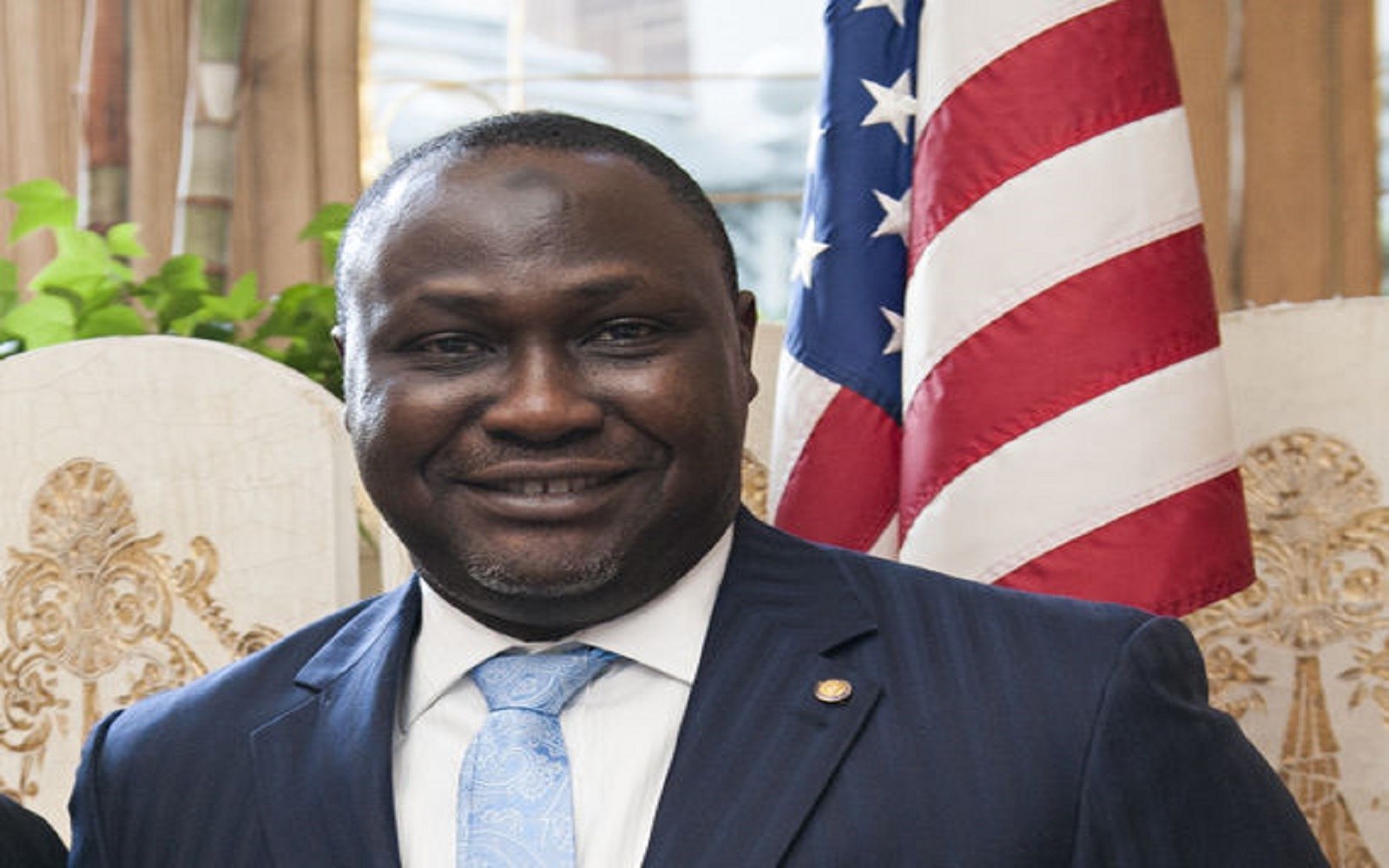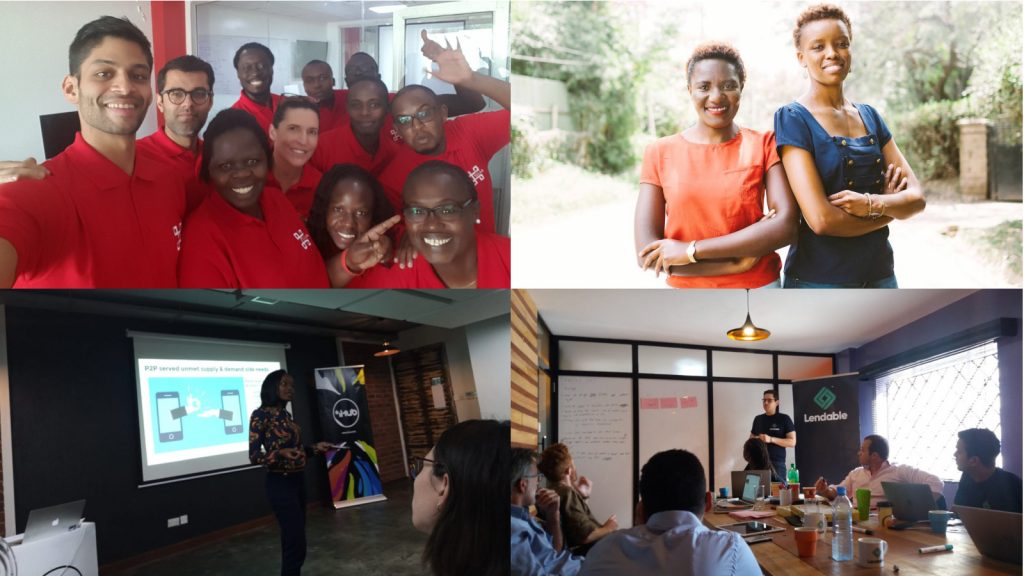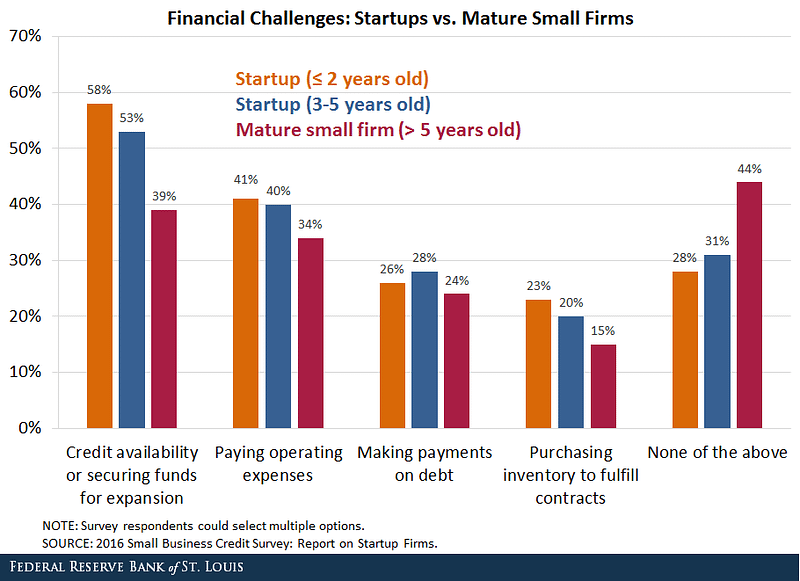A first look at the E-Custom Concession By Chido Nwakanma
After years of doodling on the prospect, Nigeria on September 2 voted for automation of processes at the ports as the Federal Executive Council approved a 20-year concession for the E-Custom project by a consortium of firms. The project attracts a headline figure of $3.1b, but the country would not need to spend a kobo. The concessionaire would invest the sum over the 20-year lifespan of the Public-Private Partnership project.

Instead of spending, the Federal Government says the project will generate revenues in multiples of the approved expenditure. Finance, Budget, and National Planning Minister Zainab Ahmed said FEC approved the project following a memo she presented to the Council. She said: “The purpose of the memo we presented to Council was for a project that will enable the complete automation of the Nigeria Custom Service processes and procedures using the application of information technology in all aspects of Customs administration.”
Minister Zainab Ahmed added: “So, Council today ratified Mr President’s approval for the PPP concession for 20 years to Messrs E-Customs HC Project Limited as a concessionaire for the delivery of customs modernisation project.“This is a project that will not have a direct cost to the government. The investors are providing the financings, and this revenue will be deployed in three phases. They will look over the investment in the concessionary period of 20 years.”
Like most people, I prefer to take these huge figures in byte sizes. Renowned Japanese consultant Kenichi Ohmae advised in The Mind of The Strategist that we break down these things into their constituent units for clarity, then rearrange them.
What then is the simple arithmetic of the E-Custom concession?
The Federal Government has approved a cost of $3.1b for the project. The breakdown is a capital investment of $1.2billion in three phases over three years or the average of $400million annually. On the cost side, the government approved for the concessionaire operational cost of $1.9b over 20 years. It translates to a handsome $95million annually.
What does Nigeria get in return?
The projection is that the concession will yield $176billion in 20 years. On paper, this is excellent. It translates to $8.8billion or N3.5trillion annually. In contrast, the Nigeria Customs Service projects revenue of N957billion for 2020. At the exchange rate of N400-$, it will fetch $2.39billion.
The Nigerian Customs Automation Scheme, led by Bionica Technologies, is a presidential initiative on customs modernisation, e-customs project, and the establishment of a digital/paperless customs administration. It will change the mode of administration and results from the running of Nigeria’s 82 border stations significantly. Yes, 82 customs points in Nigeria!
The Customs Automation Scheme will deliver a single-window model of cargo clearance. Experts say the benefits include paperless customs administration, E-payment of customs duty, E-container loading, and electronic risk-board inspection. There is also a single platform link to all other government agencies and E-permit exchange among operators.
The scheme will reduce delays, bottlenecks and corruption within the ports. More crucially, it will increase productivity, national security and revenue generation by the Customs. Bionica Technologies W.A. Limited is the lead partner of the consortium to manage the concession. Other partners include Bergmans Security Consultant and Supplies Ltd, Paramount Group, Huawei Technology, Smiths Detection, Larsen & Toubro Group and Nuctech of China.
Read also:https://afrikanheroes.com/2020/08/30/why-world-bank-suspended-ease-of-doing-business-rankings/
President Muhammadu Buhari approved the concession in September. It follows the success of the consortium in a competitive bidding process conducted in 2016. Ninety-four (94) companies responded to the request for bids by the Nigeria Customs Service. The service pre-qualified 15 companies and invited them to make presentations on their solutions. Bionica Technologies W.A. Limited topped.The Nigeria Customs Service commenced a modernisation process in 2013.
The goal remains to change the narrative of poor or under-performance associated with the service. The Customs Automation Programme will guarantee the evolution of an integrated border management module with a centralised and automated Customs Risk Management system. The system would run real-time scanning. It will also ensure full automation of all customs procedures and business. Integral to the system is the complete automation of Customs operations using the latest smart technologies supplied by Original Equipment Manufacturers. There would also be strategic capacity development for the personnel of the service. Stakeholders in the maritime sector agree on the imperative of leveraging technology to drive efficiency and productivity at the ports. They support the programme introduced in 2016 as part of the seaport reform plan adopted by the Federal Executive Council.
Dr Dakuku Peterside, Director-General of the Nigerian Maritime Administration and Safety Agency affirms that port automation and digital solutions are potential game-changers not only for cargo throughput but also profitability. Peterside cites a global benchmarking study conducted by SAP which found that ports that leverage technology to drive productivity improvements enjoy 36% higher operating margins than their peers. The result informs part of the resolve of the Federal Government to institute a single-window operation in Nigerian ports.
The NCS has been modernising since 2013 and has made some remarkable progress. For instance, it announced in 2019 increased revenue of N1.125trillion due to electronic payment of duties and taxes generated from January to October 2019. The Bionica Consortium asserts that a fully automated system would increase the revenue exponentially.
Job creation is another feature of the port automation programme of great interest to stakeholders. It will also minimise smuggling as well as build partnerships with investors. There is a guarantee of external finance having no direct cost to the NCS for all projects. It is pertinent to note that there is no linkage between the over N30 billion in the comprehensive import supervision scheme accruals which are in the custody of the Central Bank of Nigeria, CBN and the concession scheme.
The 20-year concession arrangement provides latitude for long-term planning. Various ports around the world have successfully run similar programmes. Success stories include Singapore, China, Qatar and Venezuela.
We could not ask for a better deal. Will Nigeria allow it to work? Is it optimal? Will it exist over the 20 years or will a new administration throw it out? Experts in that field will let us know in the days ahead, particularly given that it looks alluring ab initio. The E-Customs Concession comes at a time the government is considering various other concessions for airports and other infrastructure. Will it create jobs or eliminate them? The application of technology has worked both ways, but which will it be for Nigeria?
Chido Nwakamma is of The Lagos Business School.
Kelechi Deca

Kelechi Deca has over two decades of media experience, he has traveled to over 77 countries reporting on multilateral development institutions, international business, trade, travels, culture, and diplomacy. He is also a petrol head with in-depth knowledge of automobiles and the auto industry


















